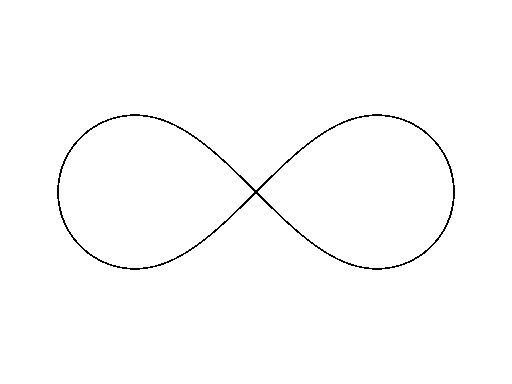Infinity is a fascinating concept that captures the imagination of mathematicians, philosophers, and scientists alike. Though it sounds simple, infinity is anything but ordinary. In this blog post, we’ll explore what infinity means, its different types, and its significance in various fields.
What is Infinity?
At its core, infinity refers to a quantity that is larger than any finite number. It represents the idea of something that has no end or limit. You can think of it as a concept rather than a number; it’s not something you can count to or reach.
Types of Infinity
- Mathematical Infinity: In mathematics, infinity is often represented by the symbol ∞. It appears in various contexts, such as calculus, where it helps us understand limits and behaviors of functions as they grow without bound.
- Countable Infinity: This type of infinity describes sets that can be counted, even if they are infinite. For example, the set of natural numbers (1, 2, 3, …) is countably infinite because you can list its elements in a sequence.
- Uncountable Infinity: Some infinities are larger than others. The set of real numbers (which includes all rational and irrational numbers) is uncountably infinite. This means you cannot list all real numbers in a sequence that covers every possibility, as there are infinitely many between any two numbers.

The Significance of Infinity in Mathematics
Infinity plays a crucial role in various branches of mathematics. Here are a few key areas where it appears:
- Calculus: Infinity is used to define limits, integrals, and derivatives. For instance, when calculating the area under a curve, we might consider infinite slices of the area.
- Set Theory: Infinity is central to understanding the sizes of sets and the concept of cardinality, which compares the sizes of different sets, including finite and infinite ones.
- Topology: In topology, infinity can help describe the behavior of spaces and functions at their extremes, such as points at infinity in projective geometry.

Infinity in Science and Philosophy
Infinity isn’t just a mathematical curiosity; it also has implications in science and philosophy:
- Physics: In theoretical physics, concepts like black holes and the universe itself involve infinity. For example, matter density in a black hole is thought to approach infinity as you reach the singularity.
- Philosophy: Philosophers have long debated the nature of infinity. Questions about whether infinity exists in reality, and what it means for something to be infinite, have inspired countless discussions and theories.
Everyday Examples of Infinity
While infinity can seem abstract, we encounter it in everyday life:
- Time: We often consider time infinite, with no beginning or end.
- Space: The universe is vast, and while we may not know its boundaries, many scientists theorize it could be infinite.

- Counting: Counting is infinite; no matter how high you count, there’s always a larger number.
Conclusion
Infinity is a powerful and intriguing concept that extends beyond mathematics into various aspects of life, science, and philosophy. It challenges our understanding of limits and prompts us to think about the nature of existence itself. Whether you’re a student, a scientist, or just a curious mind, pondering infinity can open up new avenues of thought and exploration. So next time you think of something limitless, remember: you’re grappling with one of the most profound concepts in human thought—infinity!
